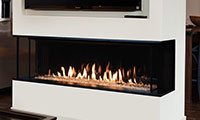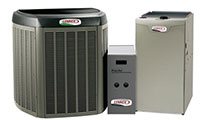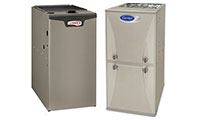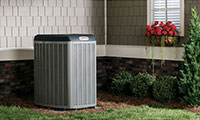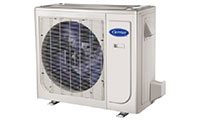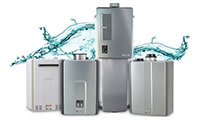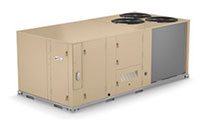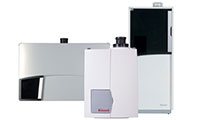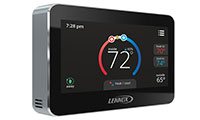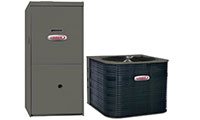Say goodbye to high energy bills and embrace the eco-friendly future of home heating and cooling
Heat Pumps Are the HVAC Way of the Future
In the realm of HVAC technology, heat pumps have emerged as a promising solution for efficient and sustainable heating and cooling. The following article explores the rationale behind choosing a heat pump, focusing on its fuel efficiency and the range of options available in the market.
Furthermore, it delves into the advantages of incorporating gas back-up heat and government incentives into the decision-making process. As well, it considers the ongoing cost of ownership, shedding light on the economic viability of heat pump systems.
Embracing a comprehensive and informed approach, this article aims to highlight the potential of heat pumps as the HVAC way of the future.
Why Choose a Heat Pump?
One reason to choose a heat pump is its ability to provide both heating and cooling functions in a single system. Heat pumps are versatile devices that can extract heat from the air or ground and transfer it inside or outside a building. This is achieved through the use of refrigeration cycles and a compressor.
During the winter months, the heat pump absorbs heat from the outside air or ground and transfers it indoors, effectively heating the space. In the summer, the process is reversed, and the heat pump extracts heat from the indoor air, cooling the space. This dual functionality makes heat pumps an efficient and cost-effective solution for maintaining a comfortable indoor environment throughout the year.
Heat pumps are also environmentally friendly as they rely on renewable energy sources, such as air or geothermal heat, reducing greenhouse gas emissions.
Fuel Efficiencies
When it comes to heat pumps, fuel efficiency is a crucial aspect to consider. Heat pumps are renowned for their high energy efficiency and low operating costs. The type of fuel used in a heat pump system can significantly impact its efficiency. Electric heat pumps, for example, have the potential to achieve high efficiencies due to the absence of combustion and their ability to transfer heat rather than generate it.
The design of the heat pump system also plays a significant role in its fuel efficiency. Proper sizing, insulation, and the use of advanced components can enhance efficiency. Operating conditions, such as temperature and humidity levels, can affect the performance and efficiency of the heat pump system.
Which Heat Was Chosen?
When choosing a heat pump, it is important to consider the size of the space that needs to be heated or cooled. A heat pump that is too small may struggle to adequately heat or cool the space, while one that is too large may result in unnecessary energy consumption.
It is also important to consider the climate in which the heat pump will be used. Heat pumps are more efficient in moderate climates, while in extremely cold climates, a supplemental heating system may be needed. The energy rating of the heat pump is another consideration, as higher ratings indicate greater energy efficiency and better cost-effectiveness over the long term.
Gas Back-up Heat
Gas back-up heat is a common feature in heat pump systems that provides additional heating capacity during periods of extreme cold. Heat pumps are highly efficient heating and cooling systems that transfer heat from one location to another.
However, when the outside temperature drops below a certain threshold, the heat pump’s efficiency decreases, and it may struggle to meet the heating demand of the space. In such cases, a gas back-up heat system kicks in to supplement the heat pump’s capacity.
This gas back-up heat system, often powered by natural gas or propane, can provide high heat output quickly and effectively, ensuring that the space remains comfortably heated even in extremely cold weather. The integration of gas back-up heat enhances the performance and reliability of heat pump systems, making them a viable option for heating in various climates.
Government Incentives
Government incentives play a significant role in promoting the adoption of alternative heating technologies. By providing financial incentives and tax credits, governments aim to encourage individuals and businesses to invest in energy-efficient heating systems such as heat pumps.
These incentives serve multiple purposes:
- Firstly, they help offset the higher upfront costs associated with alternative heating technologies, making them more accessible to a wider range of consumers.
- Secondly, they contribute to the reduction of greenhouse gas emissions by encouraging the transition from fossil fuel-based heating systems to more sustainable options.
- Lastly, government incentives create a ripple effect, as increased demand for alternative heating technologies stimulates innovation and market growth, ultimately driving down costs and improving the overall efficiency of these systems.
Therefore, the provision of government incentives is crucial to accelerating the adoption and acceptance of alternative heating technologies.

Cost of Ownership (Ongoing Operation)
Financial considerations are an important aspect to consider when assessing the ongoing operation costs of alternative heating technologies.
Heat pumps have emerged as a promising HVAC solution, offering significant advantages in terms of cost of ownership. Unlike traditional heating systems, heat pumps utilize electricity to transfer heat from the outside environment to the indoor space. This results in lower operational expenses compared to fossil fuel-based heating systems.
Heat pumps also provide higher energy efficiency, reducing energy consumption and associated costs. Furthermore, advancements in technology and increasing market demand have led to a decline in the initial investment required for heat pump installation.
These factors make heat pumps a compelling option for homeowners and businesses looking to minimize their ongoing heating expenses while reducing their carbon footprint.
Cozy Comfort Plus Recommends
Cozy Comfort Plus suggests these two Carrier high-efficiency heat pumps because of their reputation for dependability, quiet operation, and long life.
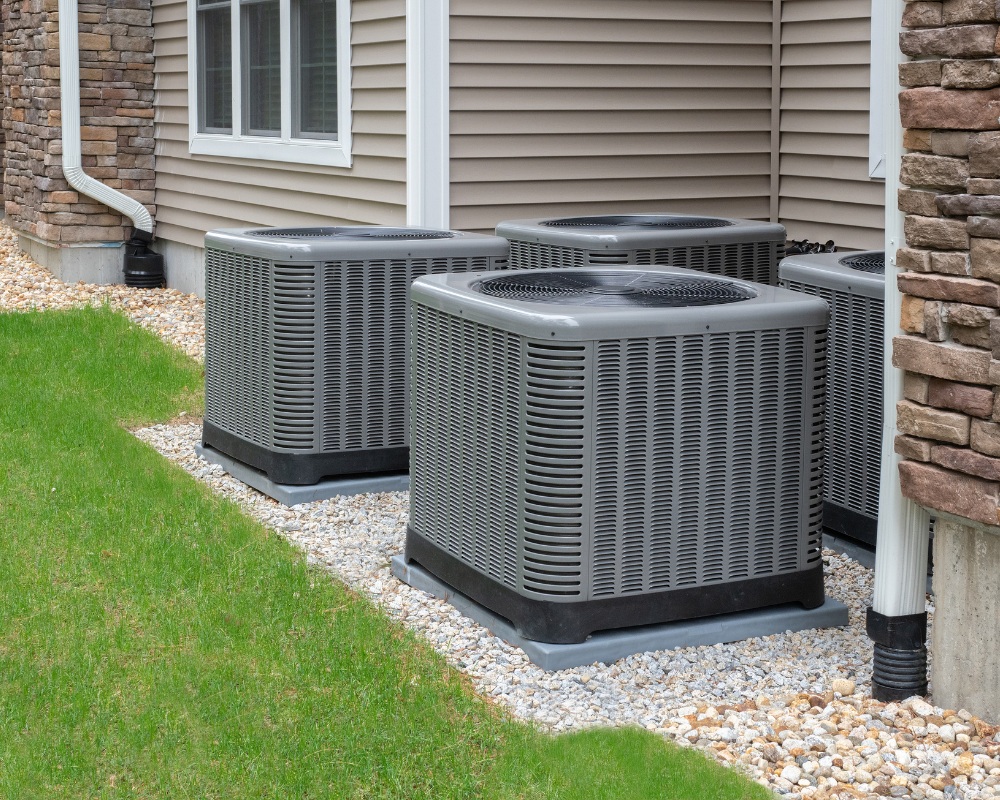
Performance™ 18 Compact Heat Pump 38MURA
Up to 18 SEER2 for enhanced energy savings with premium comfort features.
We’ve engineered this compact heat pump with durability, efficiency, and your budget in mind. Its small footprint lets you install it as close as six inches from your home. It can alternatively be placed on a roof or stacked for use in multi-family housing. This versatile heat pump is compatible with the 40MUAA fan coil and Carrier Ductless Crossover Solutions.
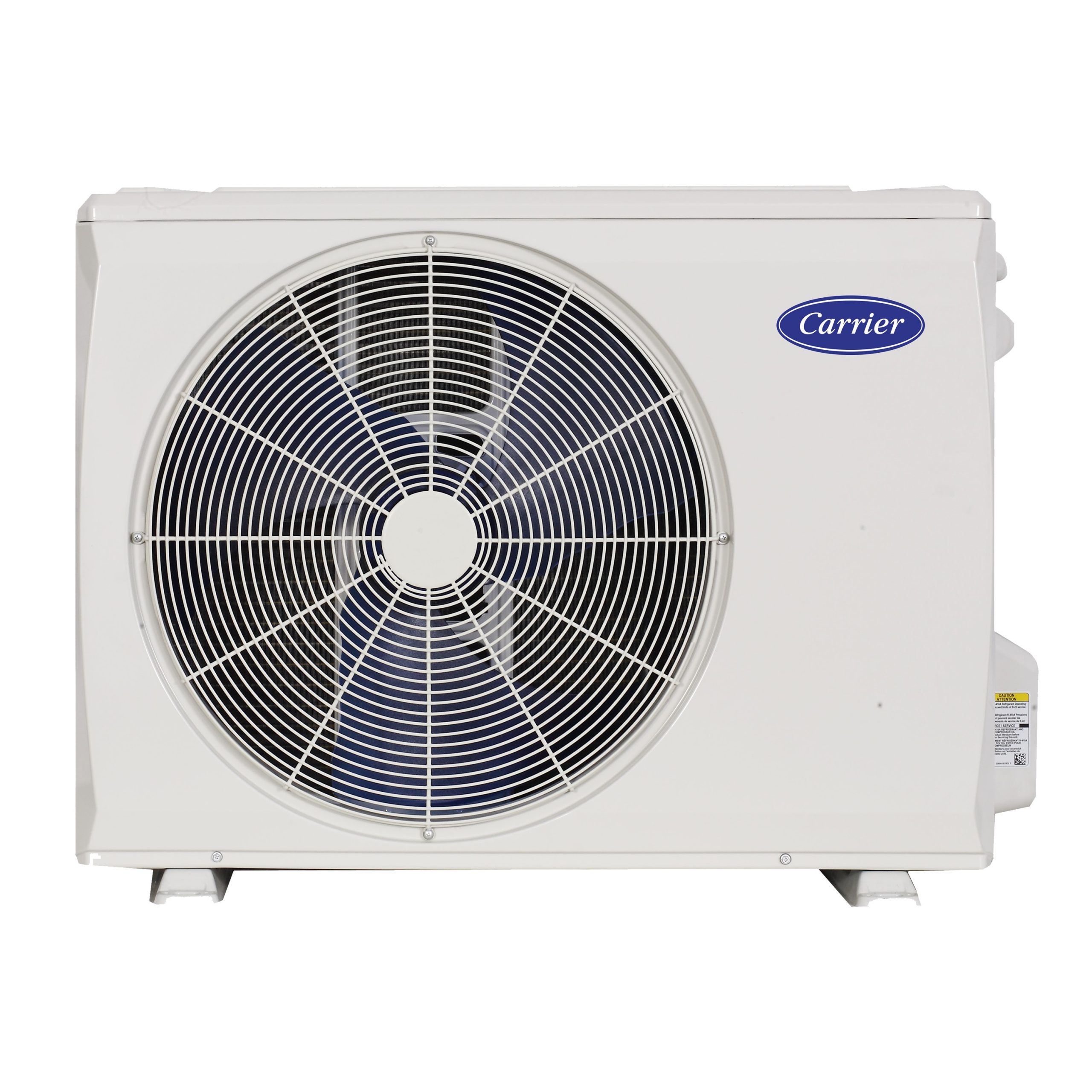
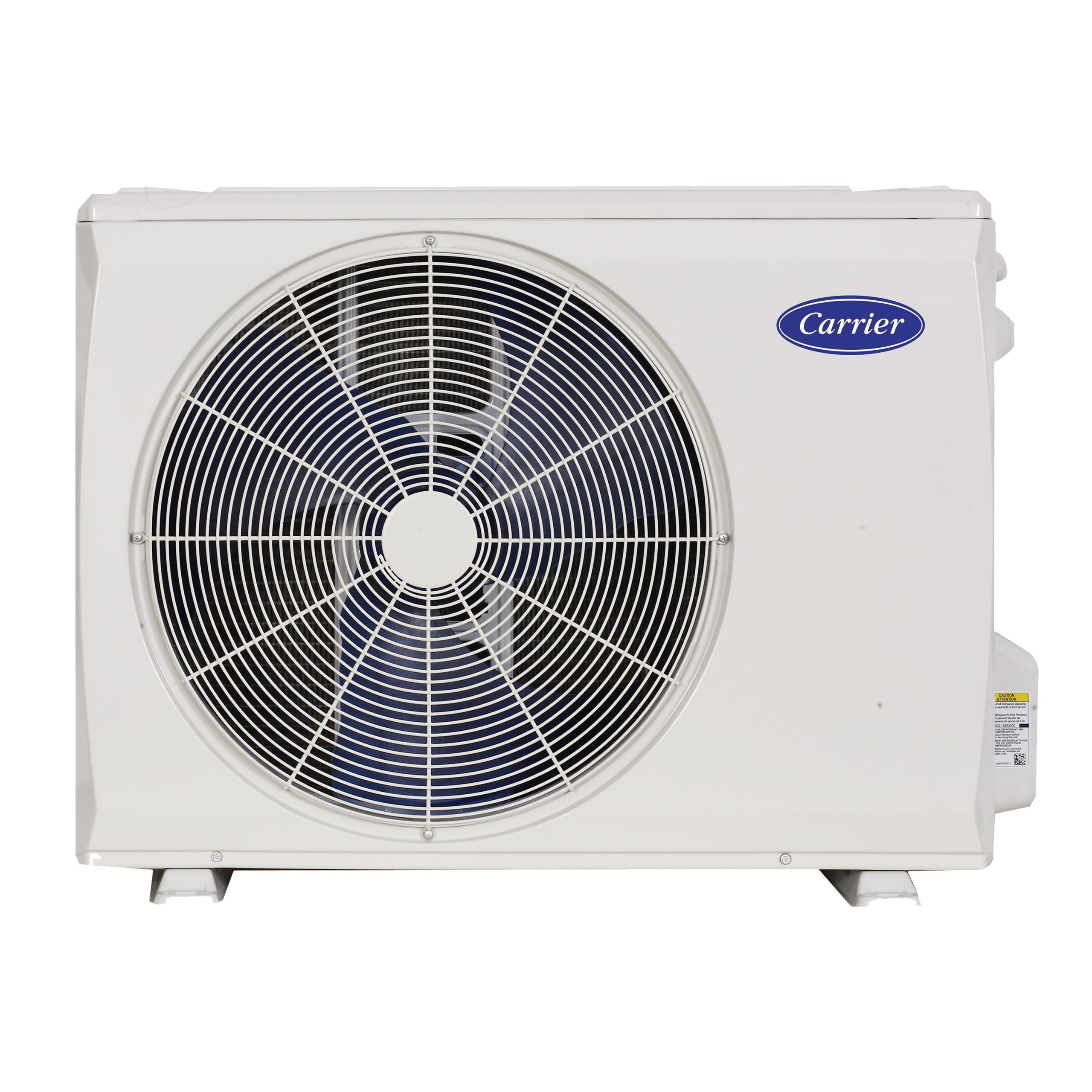
Performance™ Heat Pump 38MARB
Single-zone system with up to 28.1 SEER and 14 HSPF for premium energy savings.
This compact ductless model is simple to install; only wires and piping need to run between the indoor and outdoor units. The 38MARB model also features premium energy efficiencies of 28.1 SEER and 14 HSPF, making it a great choice for retrofit applications.
What Do Our Experts Say About These Heat Pumps?
Are you tired of high energy bills and inefficient heating systems? Look no further, because our experts have the answers you’ve been searching for when it comes to heat pumps. These incredible devices are revolutionizing the way we heat and cool our homes, providing both comfort and cost savings.
Our experts will highlight the environmental benefits of heat pumps, showing how they can help reduce your carbon footprint and contribute to a greener planet. Finally, we will provide you with expert tips for choosing the right heat pump for your home.
Expert Tips for Choosing the Right Heat Pump
When it comes to energy consumption, it’s important to consider the efficiency rating of the heat pump. Look for models with a high Seasonal Energy Efficiency Ratio (SEER) and Heating Seasonal Performance Factor (HSPF) to minimize your energy usage and lower your utility bills.
The installation process is another crucial factor to consider. Make sure to hire a professional installer like Cozy Comfort Plus that can properly size and install the heat pump to ensure optimal performance.
Speaking of size, choose a heat pump that matches your home’s size requirements to ensure it can effectively heat or cool your space. Additionally, consider the maintenance needs of the heat pump. Look for models with easy-to-access filters and components for hassle-free upkeep.
Lastly, think about noise levels. Consider heat pumps with sound-dampening features to minimize disturbances in your home. With these expert tips, you can confidently choose the right heat pump for your needs.
Cozy Comfort Plus is Your Go-To Source for the Best in HVAC
Our experts highly recommend these Carrier heat pumps for their efficiency, cost-effectiveness, and environmental benefits. They advise discussing factors like the size of your space and climate when choosing the right heat pump for your needs.
Trust the expertise of our professionals and make the switch to heat pumps for a more efficient and sustainable heating solution. Contact Cozy Comfort Plus for the best advice regarding any and all matters concerning your HVAC system.
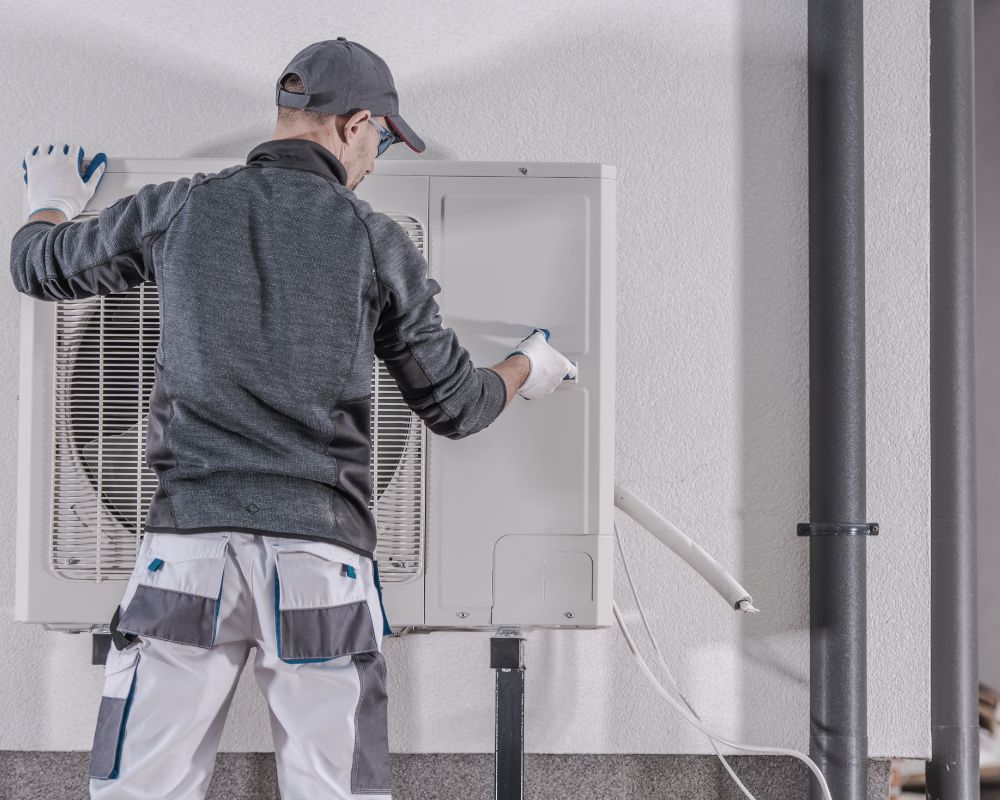
Another Article About Heat Pumps
See also the attached article by Christopher Seepe entitled, “Heat Pumps: Harnessing ‘Free’ Heat for Long-term, Sustainable Heating and Cooling”. Christopher writes about his own experiences and delves deep into the nitty-gritty details of making the choice to include heat pump technology in his own HVAC system.

